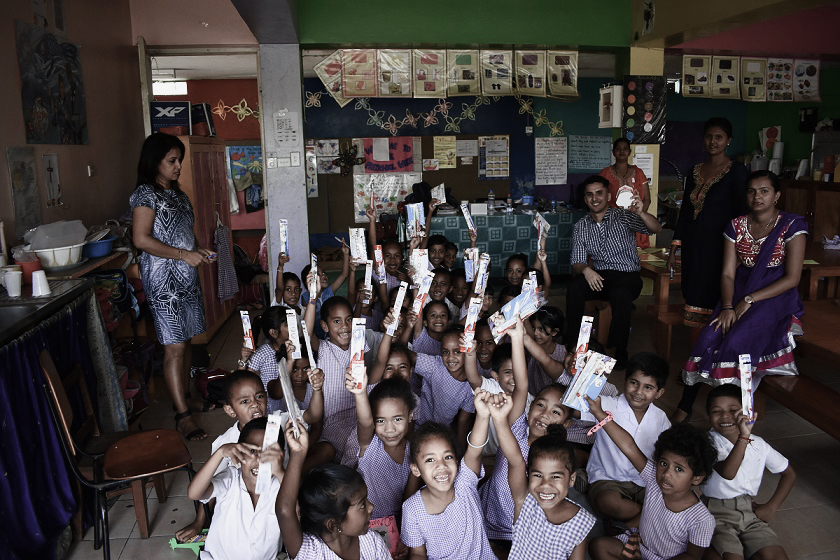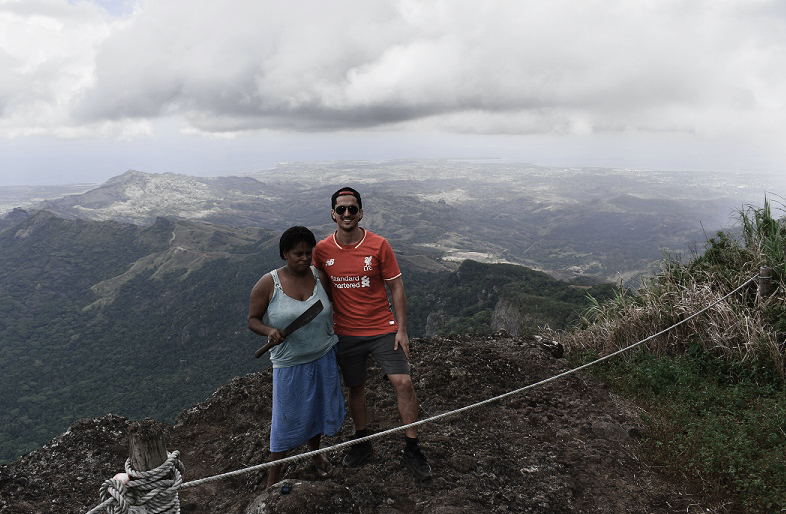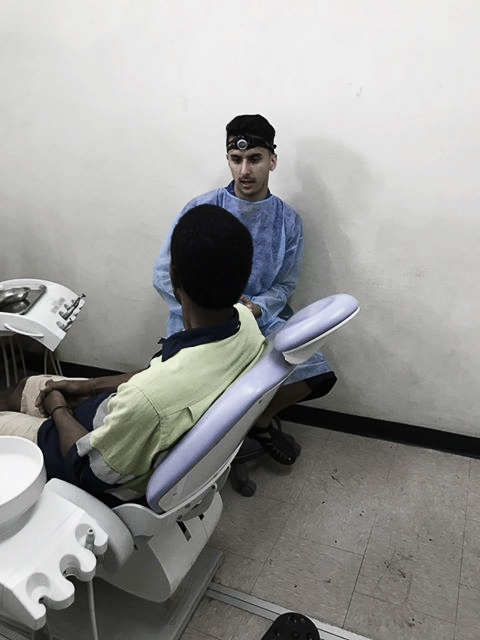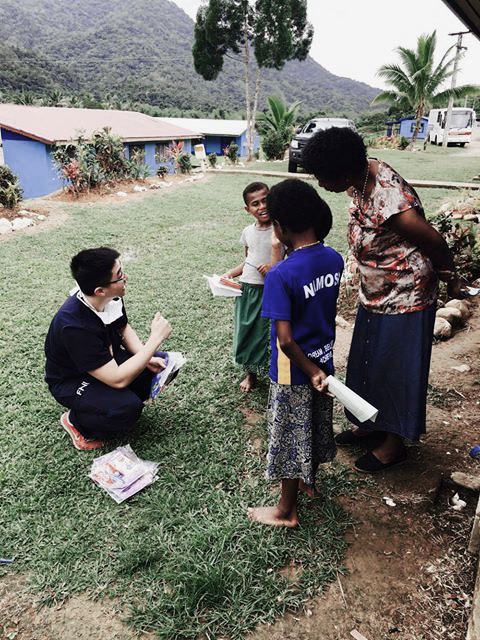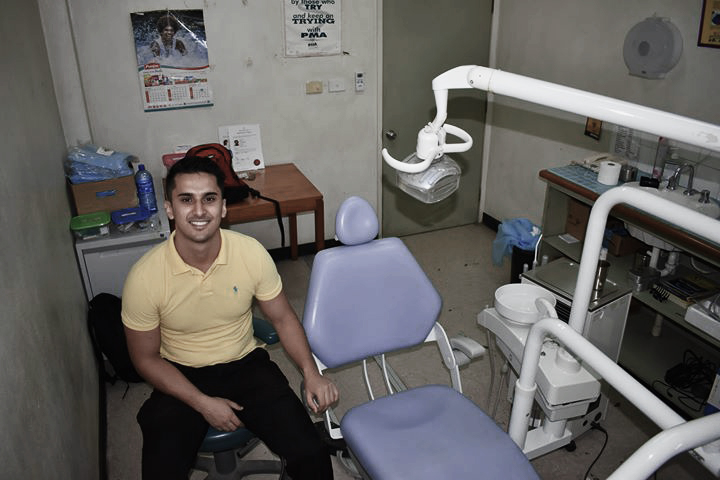Student Banking Package
A banking package to help you through your final two years of study
This banking package includes an everyday bank account with an optional overdraft facility and a Platinum credit card packed with rewards and benefits.
Learn More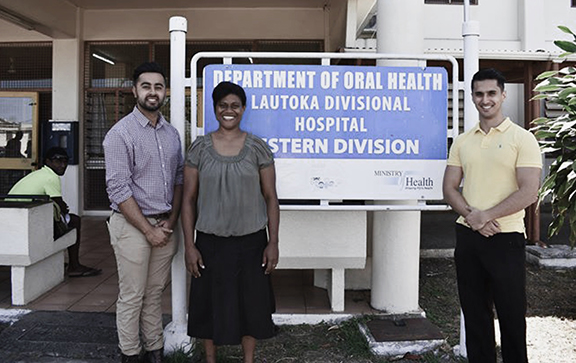
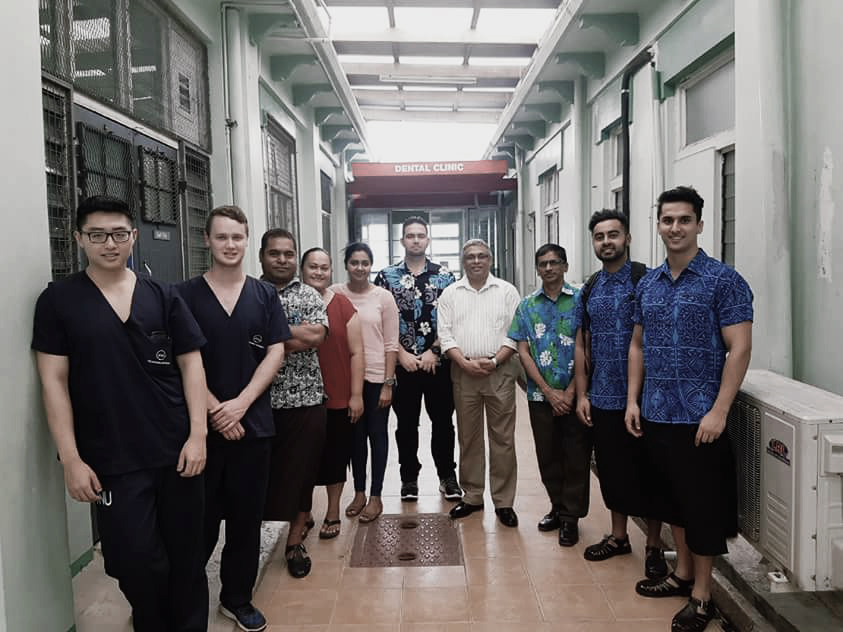
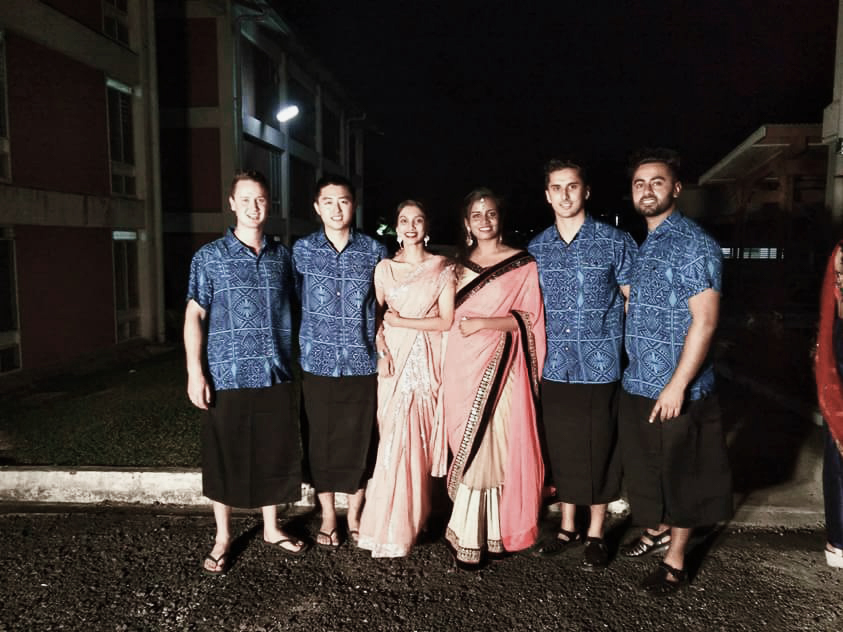 Culturally, Mass was overwhelmed by the friendly and welcoming nature of the Fijian people. “Everyone greeted you with a big wave and “Bula!” which Mass learnt has many meanings such as long-life, health and prosperity”. He also embraced their native attire, purchasing a Bula shirt, suloo skirt and Cebu sandals which he wore during his placement.
Culturally, Mass was overwhelmed by the friendly and welcoming nature of the Fijian people. “Everyone greeted you with a big wave and “Bula!” which Mass learnt has many meanings such as long-life, health and prosperity”. He also embraced their native attire, purchasing a Bula shirt, suloo skirt and Cebu sandals which he wore during his placement.
